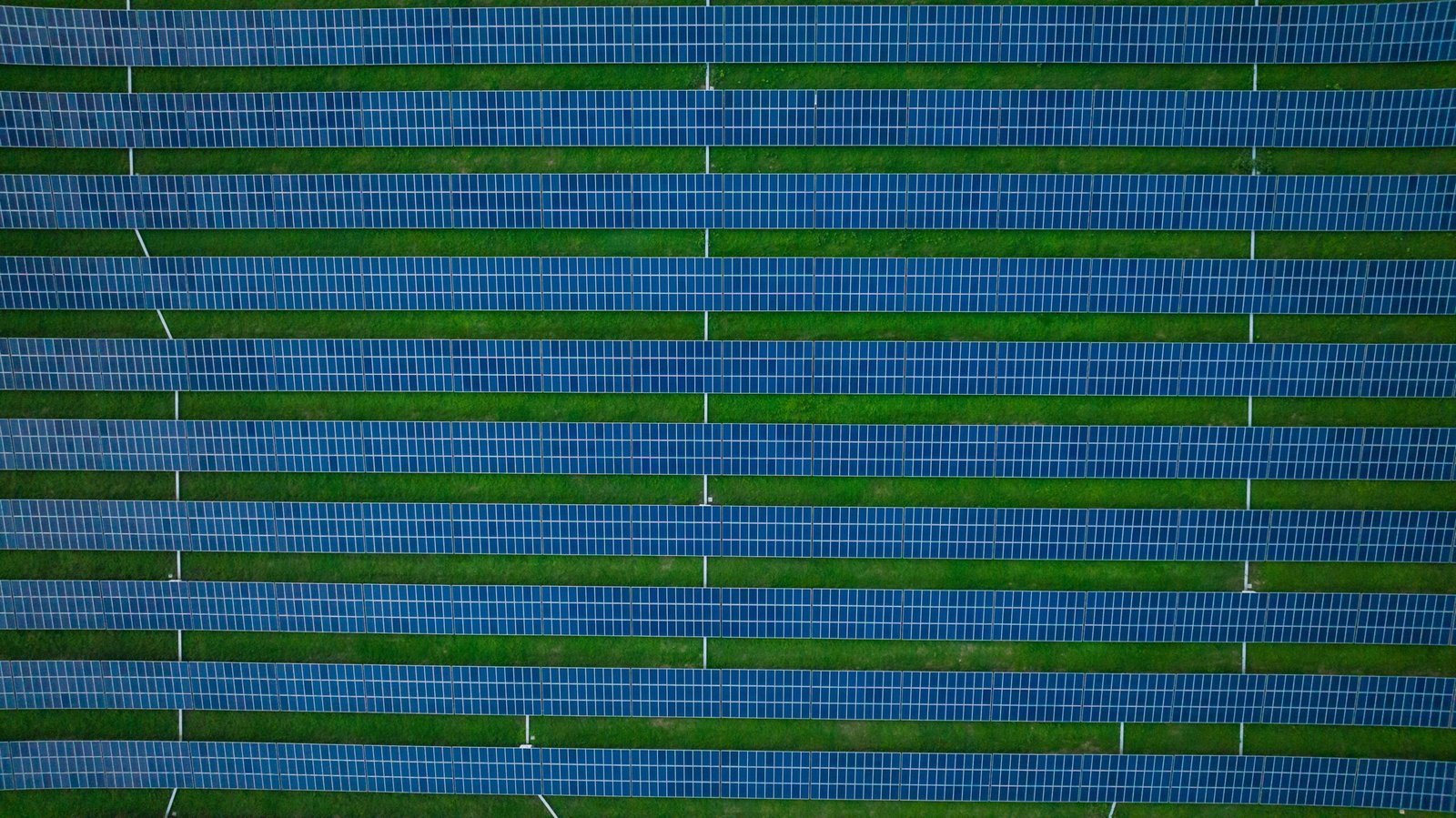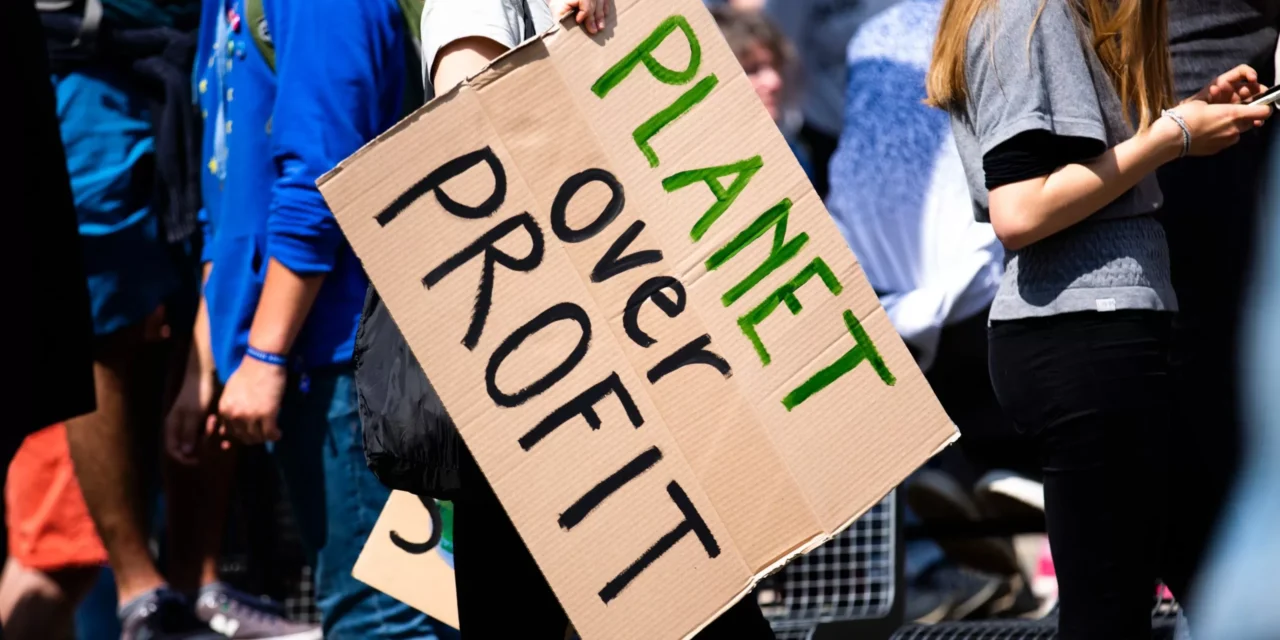In the pursuit of a sustainable world, Degrowth vs Green Growth has emerged as a debate between two competing solutions. These concepts offer different approaches to addressing environmental challenges while promoting social well-being and economic stability. But which one holds the key to a better future for our planet? Let’s break down these concepts in simple terms to understand their differences and implications.
What is Degrowth?
Degrowth is a refreshing approach to how we think about our economies and lifestyles. It’s like hitting the pause button on the idea that bigger is always better. Instead of constantly chasing after more stuff and endless economic growth, Degrowth suggests that maybe we should take a step back and reconsider our priorities.
At its core, Degrowth is about questioning the belief that economic growth should be the ultimate goal of society. It challenges the idea that consuming more and more is the key to happiness and well-being. Instead, Degrowth proposes a simpler, more balanced way of living.
Picture this: instead of rushing to produce and buy as much as possible, Degrowth encourages us to slow down and think about what really matters. It’s about consuming less, wasting less, and living more intentionally. By scaling back our consumption and production levels, we can reduce our impact on the planet and create a more sustainable future for everyone.
But Degrowth isn’t just about cutting back. It’s also about reimagining how we measure success and progress. Instead of using Gross Domestic Product (GDP) as the sole measure of prosperity, Degrowth suggests alternative indicators that reflect things like well-being, equality, and environmental health.
What is Green Growth?
Green Growth is an vision for the future that combines economic prosperity with environmental sustainability. It’s like saying, “Hey, we can have our cake and eat it too!” Instead of seeing economic growth and environmental protection as competing goals, Green Growth suggests that they can go hand in hand.

At its heart, Green Growth is all about finding smarter, more sustainable ways to grow our economies. It’s about embracing innovation, technology, and renewable resources to create wealth while minimizing our impact on the planet.
Imagine a world where our energy comes from the sun, wind, and water instead of fossil fuels. That’s what Green Growth is all about – harnessing the power of clean, renewable energy sources to fuel economic development without harming the environment.
But Green Growth isn’t just about clean energy. It’s also about rethinking how we use resources, manage waste, and design our cities and infrastructure. By prioritizing efficiency, conservation, and sustainability, Green Growth aims to create a future where economic growth is decoupled from environmental degradation.
One of the key ideas behind Green Growth is that investing in green technologies and practices can actually spur economic growth and create new job opportunities. From solar panels and electric cars to green buildings and sustainable agriculture, there’s a whole world of innovation waiting to be unleashed.
But Green Growth isn’t without its challenges. Critics argue that relying too heavily on technological fixes and market-based solutions may not be enough to address the root causes of environmental problems. They also caution against greenwashing – using the language of sustainability to justify business as usual.
Degrowth vs Green Growth
The debate between Degrowth and Green Growth raises important questions about the kind of future we want to build and how we can achieve it. While both approaches offer potential solutions to pressing environmental challenges, determining which one is the “real” solution requires careful consideration of their strengths, limitations, and implications.
Advocates of Degrowth argue for a radical rethinking of our economic and societal structures. They emphasize the need to prioritize well-being, equity, and environmental sustainability over perpetual economic expansion. By scaling down consumption and production levels, Degrowth seeks to create a more balanced and resilient society that operates within the Earth’s ecological limits.
Proponents of Green Growth on the other hand imagine a future where economic prosperity and environmental sustainability are not mutually exclusive. They advocate for investments in clean technologies, renewable energy, and sustainable practices to drive economic growth while minimizing environmental impact. Green Growth offers a more optimistic outlook, emphasizing innovation and progress in addressing sustainability challenges.
Consideration of the scale at which interventions are implemented is crucial. While Degrowth emphasizes localism and decentralization, Green Growth often focuses on national or global-level policies and investments in technology and infrastructure.
Short Term vs Long Term
Short-term versus long-term considerations play a role in determining the efficacy of each approach. While Green Growth may offer immediate economic benefits and technological solutions, Degrowth emphasizes the need for fundamental cultural and societal shifts that may take longer to materialize but could yield more sustainable outcomes in the long run.
Evaluating the resilience of each approach to external shocks and uncertainties is essential. Degrowth’s emphasis on self-sufficiency, community resilience, and diversified economies may offer greater resilience in the face of economic or environmental crises compared to the reliance on technological fixes inherent in Green Growth.
Greenwashing
Some proponents of Green Growth use environmentally-friendly rhetoric to justify business-as-usual practices and unsustainable development projects. This phenomenon, known as greenwashing, can obscure the true environmental and social costs of economic growth and undermine efforts to transition towards genuine sustainability.
Inequitable Distribution of Benefits
Green Growth policies may disproportionately benefit affluent groups while exacerbating social inequalities. For example, investments in renewable energy infrastructure may lead to gentrification and displacement of low-income communities, further marginalizing vulnerable populations.
Green Growth often fails to address the structural drivers of environmental degradation, such as corporate power, consumerism, and economic inequality. Without addressing these underlying issues, efforts to achieve sustainability through Green Growth are likely to fall short.
As automakers gather at #CES2023 to proudly announce their newest models of EVs, I wonder how much time they will spend discussing that this is the kind of hellscape from which the cobalt in their batteries is mined?@StMartinsPress @Freedom_Fund @CNNFreedom pic.twitter.com/vDHvQozmem
— Siddharth Kara (@siddharthkara) January 5, 2023
Green Growth tends to rely on market-based solutions, such as carbon pricing and emissions trading, to incentivize sustainability. However, these mechanisms may be insufficient to address complex environmental problems and can perpetuate inequalities by privileging those who can afford to pay for environmental mitigation.
Which one is the Real Solution For our Planet?
While both Degrowth and Green Growth offer valuable perspectives on sustainability, Degrowth emerges as a more effective and transformative solution for our planet’s challenges. By prioritizing well-being, equity, and environmental stewardship over relentless economic expansion, Degrowth offers a compelling vision for a more balanced and resilient society.
by consuming less, promoting social equity, and fostering community resilience, we can pave the way for a more sustainable future. While Green Growth may offer short-term benefits and technological innovations, it often fails to address the root causes of overconsumption and environmental degradation.
Ultimately, the real solution may lie in finding a balance between the two approaches.
At the end of the day, what’s important is that we continue to question, innovate, and collaborate in our efforts to build a better world for future generations. Whether it’s through Degrowth, Green Growth, or a combination of both, the journey towards a more sustainable future starts with each and every one of us.

Looking back on my two decades in this field, I’m still as committed as ever to telling important stories and getting people to care about the Earth. Outside of writing, I work with Environmental groups that are trying to make things better for the environment and have a positive impact.










